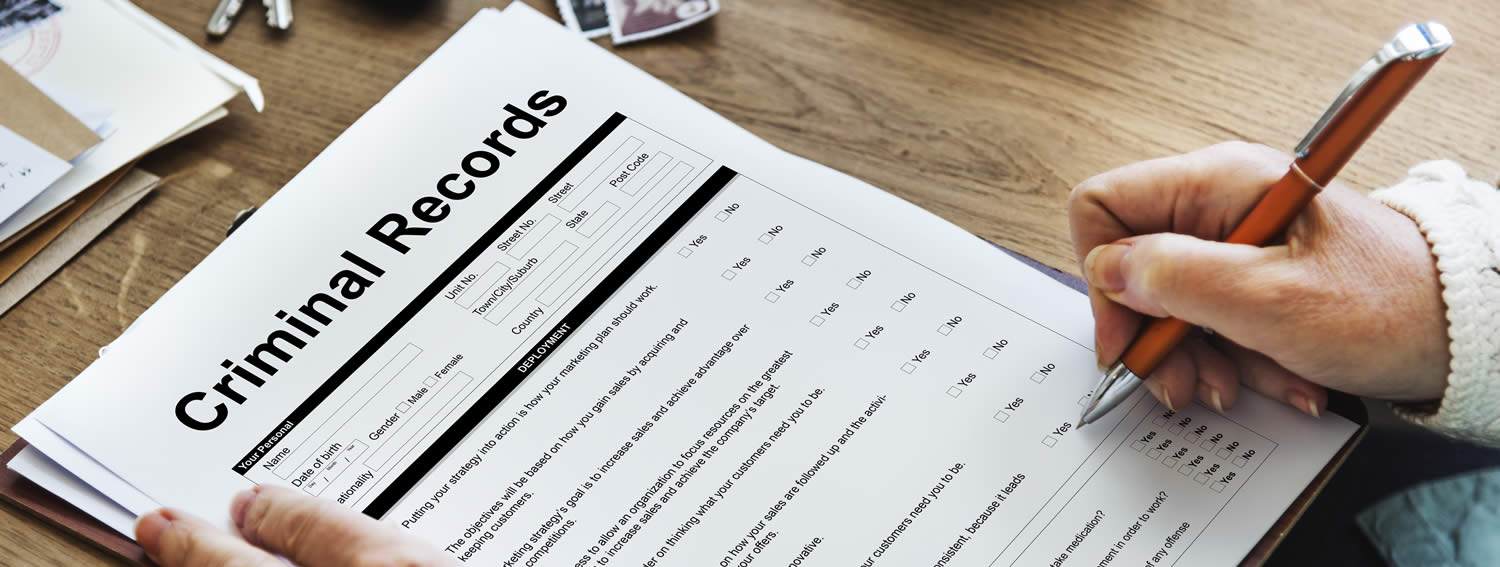We are conducting a number of external AML audits for some of our larger member firms in particular in pursuance of r.21(1)(c) of the MLR 2017. One aspect that has often featured where the firm has already been the subject of a monitoring inspection by the SRA in this regard is a failure to have maintained ongoing criminal records checks on relevant personnel as first became a requirement when the 2017 regulations took effect. It has also become one of the issues that a number of member firms have enquired to us about of late.
Most firms will now conduct checks as a matter of course as part of their induction processes when somebody joins the firm, but repeating such checks as time goes by is not necessarily standard practice. In relation to the initial screening process the Law Society has just released a helpful practice note (“Do we need to carry out a DBS check on a newly hired solicitor? – 14th November) dealing with this issue, which provides that there should be no need to undertake a DBS check other than in the circumstances where it is specifically required by SRA[1]. These situations are stated to be in relation to with:
- Candidates for admission;
- COLPs and COFAs;
- Those working with children and vulnerable people in certain circumstances; and
- Beneficial owners and managers (“BOOMs – see section 4.2 of the Legal Sector Affinity Group AML Guidance).
As the Law Society practice note in relation to its Conveyancing Quality Scheme also makes clear partners and qualified conveyancers must also have undergone DBS checks within the last 12 months.
Beyond these mandatory requirements, however, greater sensitivity may well arise in relation to existing members of staff, and in particular those who have been with the firm for longer than others. Here many colleagues might find such checks to be demeaning, and feel that this shows an unwelcome lack of trust and confidence by the partners in them. Here a level of continual monitoring is indeed required, but as the recent guidance makes clear, this does not necessarily need to be undertaken by way of formal DBS checks or self-declaration requests.
If exploring this issue further there is a helpful SRA training video from 2021 in which the presenters provided feedback on the problems and issues that they had encountered in the firms visits that they were then undertaking.[2] The need for ongoing assessment as to the skills, knowledge and expertise of all relevant personnel, and also their conduct and integrity, was stressed. The presenters nonetheless made it clear that although DBS checks can form a useful tool for so doing they are not mandatory as such, and nor should they necessarily be seen to be the best and most effective way to do so. More emphasis was given to the conduct of the appropriate regulatory checks with the SRA or other regulator which might be regarded as being more reliable, and are also both free of charge and also less intrusive for staff members who are being checked in this way.
For further details of our AML audit checks as external auditors in pursuance of r.21(1)(c) MLR 2017 please contact Infolegal Director Matt Moore at mattmoore@infolegal.co.uk.
[1] www.lawsociety.org.uk/contact-or-visit-us/helplines/practice-advice-service/q-and-as/do-we-need-to-carry-out-a-dbs-check-on-a-newly-hired-solicitor?
[2] www.sra.org.uk/sra/news/events/on-demand-events/aml-law-firm-visits/.

